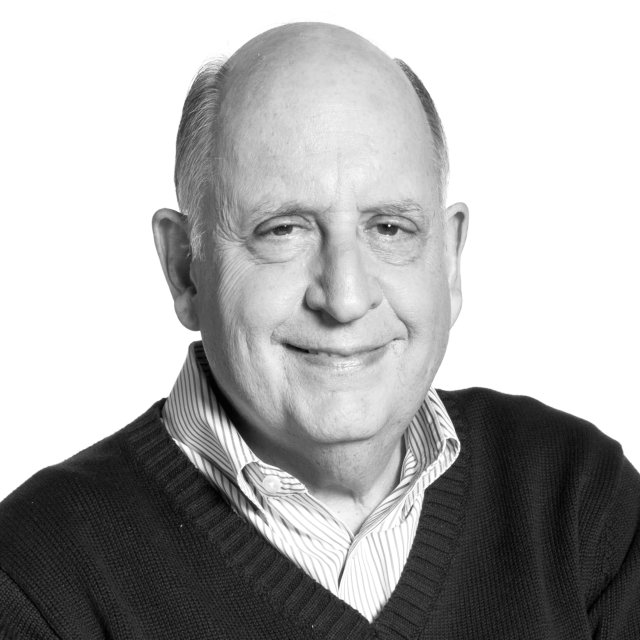This Piece of Conventional Wisdom Saved Me a Bundle
Money is not a client of any investment adviser featured on this page. The information provided on this page is for educational purposes only and is not intended as investment advice. Money does not offer advisory services.

I tend to make my living pointing out that certain aspects of the conventional wisdom are wrong. But dramatic stock market losses so far this year show that the conventional wisdom has its moments. And this is one of them.
The piece of CW I’m discussing: If you will have to take money from investment accounts to cover large obligations relatively soon, you should stash the necessary cash in a money market fund or CD—rather than leaving it to the tender mercies of the stock market until the bills come due.
As we all know, the market opened the year by setting downward records. The Wilshire 5000 Index, the broadest measure of the U.S. stock market, dropped a record $2.1 trillion—8.66%, if you’re keeping count at home—in the first first two weeks of 2016. Yechhhhhh.
If you have a big obligation coming due this year, as I do, you would have to liquidate a lot more shares at today’s prices to cover that obligation than it would have taken at last year’s prices.
The "set-cash-aside-to-meet-big-obligations" advice is usually offered to people who have been saving in order to meet college expenses. But there’s a growing class of people like me, who are older than 70 ½ and therefore have to take “required minimum distributions,” or RMDs, from their retirement accounts.
That’s money I have to pay to myself, with a chunk of it withheld for taxes that I’ll owe to the IRS and my home state of New Jersey. People older than 70 ½ who have IRAs and 401(k)s and such have to take increasingly large percentages of their retirement assets as taxable distributions each year as they age.
The reason for this, which I consider reasonable: If you made tax-deductible contributions to retirement accounts, you even up things with the Taxman by taking taxable distributions when you’re of retirement age—even if, like me, you are still working.
These RMDs generally have to be taken by Dec. 31 of the year in question. In my case, though, I have to take two distributions in 2016. That’s because even though I turned 70 ½ last year, I was allowed to take my 2015 distribution in 2016 rather than last year. I decided to defer the distribution because my 2016 tax bracket will be considerably lower than last year’s.
I have to take my 2015 distribution by March 31 of this year, and my 2016 distribution by Dec. 31.
I felt foolish last year leaving a lot of money sitting in a money market fund earning essentially nothing when it could have been sitting in an S&P index fund possibly growing in value and yielding 2%. But I feel a lot better now.
I took my 2015 distribution in late January, and have enough cash in my accounts to cover my 2016 distribution, which I will take near year-end. I hope that stocks have recovered by then. But if they haven’t risen, I won’t have to sell stock at a distressed price to raise the cash to pay myself, Uncle Sam, and whomever the governor of New Jersey is.
If stock prices rise sharply by year-end, I will have left money on the table. But I will still think that I did the right thing, because there’s a difference between investing for the long term, which I’m still doing, and trying to time the market.
There may be people who can time the market successfully, but I’m not one of them. And you probably aren’t, either.
